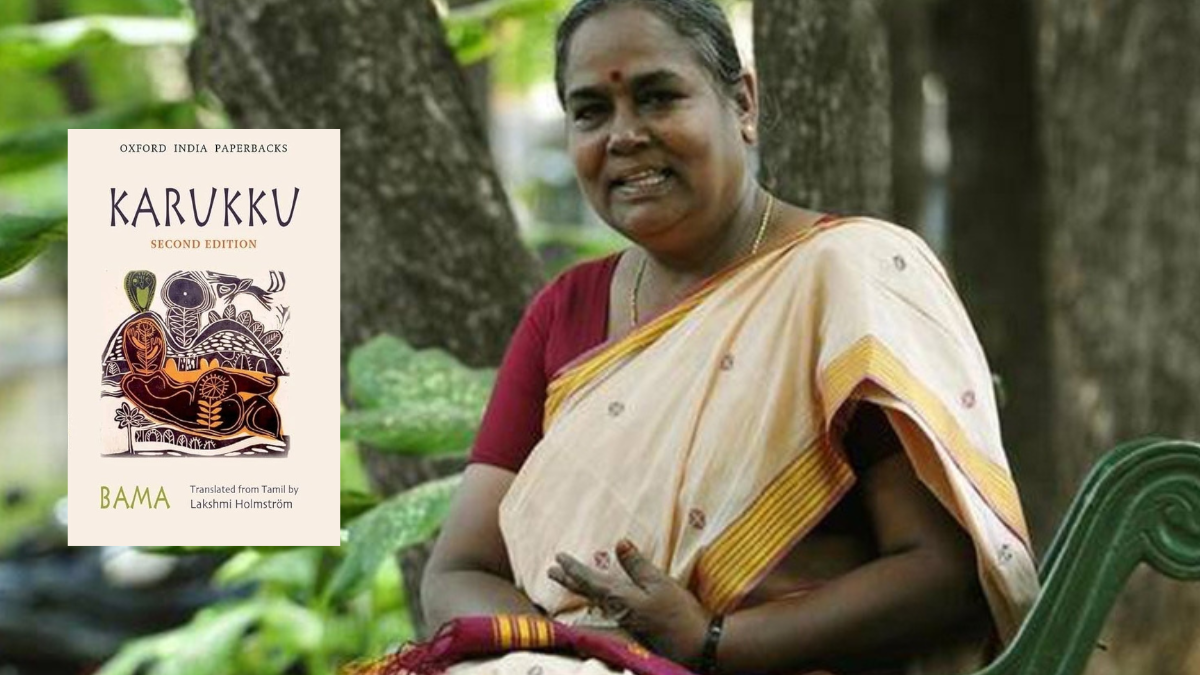Editor’s Note: FII’s #MoodOfTheMonth for November, 2021 is Popular Culture Narratives. We invite submissions on various aspects of pop culture, throughout this month. If you’d like to contribute, kindly email your articles to sukanya@feminisminindia.com
Fandoms have always been a dominating force. More often than not, the sustainability of an artist’s content, especially in popular culture, depends largely on the kind of fan power they can harness and consistently keep. Fans are incredibly influential and with time, are becoming active consumers rather than remaining passive viewers.
This is proven by the rise of fan-powered content. While fanfictions, fanart and fan-run businesses might seem trivial and largely derivative, they lead to community-building, increase the longevity of content, as well as enrich the original content.

Moreover, fan powered content has now extended to physical goods as well. There are various innovative merchandise created in various fandoms that also make it possible for fans to purchase and own merch, ultimately increasing their investment. The revenue that is lost through such forms might be marginally less than what can be earned back through more fan engagement. Art that is derived from original then in fact, bolsters the interest in the canonical form of it
“There are multiple people involved in the reception of art, and discourse is what drives critical appreciation. Discourse branches into several directions but is not limited to what is canon only. With fan production, art, canon-divergent stories add to the power a fandom in multiple ways. I like writing stories for my fandom because deviating from canon is not only fun, it also adds greater scope to what canon can actually do, hence increasing its prospects. There are no bounds to fiction, anyway, and since anything in entertainment is precisely to entertain, not only does writing such stories make me happy and set my mental gears turning, they also appeal to people in the fandom who read them for fun. So, it’s all basically a big storytelling session,” says Subhalakshmi Dey, who loves writing fanfiction.
Also read: The Trivialisation Of Female Fans: Addressing Gender Stereotypes Around Fandoms
Increase in accessibility
Fandom powered content, in fact, increases accessibility for a larger number of people, into the intellectual narrative that is being perpetuated in canon. Whether that is derived from lyrics, art, fiction or any other medium, fan powered content can often become easier to consume, ultimately being an avenue for potential fans to invest in the original content.
Moreover, fan powered content has now extended to physical goods as well. There are various innovative merchandise created in various fandoms that also make it possible for fans to purchase and own merch, ultimately increasing their investment. The revenue that is lost through such forms might be marginally less than what can be earned back through more fan engagement. Art that is derived from original then in fact, bolsters the interest in the canonical form of it.
Doujinshi, the Japanese term for self-printed and produced work that is mostly derived from pre-existing manga and graphic novels has been around since the 1980s. Such works are usually available at doujinshi conventions, where doujinshi is bought and traded. The largest of such conventions is the Comiket (short for “Comic Market”) which is held in Tokyo, usually bi-annually.
Fan powered content not only opens avenues for the expansion of what is canon, but also provides space for creators to express themselves, and engage in discourse through topics that they love. It therefore, generates more entertainment, fosters creativity and encourages smart consumption among many other things. These aspects are often overlooked and fan art is largely trivialised and dismissed for all the wrong reasons
Despite Japan’s strict copyright laws, no stringent limits have been set on such conventions and doujinshi in general, because they are considered to further the original content and the public interest in it. It also opens up a regulated and profitable place for budding artists to practice and sell their art. In fact, in 2016, President Shinzo Abe stated, “Dōjinshi don’t compete in the market with the original works and don’t damage the original creators’ profits, so they are shinkokuzai.”

Coping mechanism and creative outlet
For creators who take part in fandom content, it is also about letting off creative steam in a safe place with interests that play an integral part of their lives. Moreover, creating can help different people in different ways, especially in times of dark crisis like the pandemic that the we now face. “Initially I was apprehensive about writing this kind of content since I wasn’t really confident but I have always been consuming a lot of stories written by other fans. Most of my inspiration come from different kinds of art like photographs or songs which feel like they have a story worth telling and I try to narrate the story I can think of after finding such artwork. In a year like 2021, it’s my fics which keep me going. I don’t remember going a month without writing any fanfic this year. It’s my little attempt to make this world look a bit beautiful and bearable, especially when all of us have been going through such a hard time. My stories have not only helped me become more confident in my writing abilities but have also helped me grow as a human being by getting in touch with a lot of emotions instead of running away from them,” says Ahona Sadhu.
Rusha Chowdhury, who creates fanart also adds, “I feel that there are several dimensions to creating fan content. Some do it to better connect with the artist in question, or to channel their creativity and contribute to the expanse of artistry surrounding the star. As for someone like me, creating fanart both puts me in sync with my idols and helps me convey my admiration to them. Besides the mandatory aesthetic side to it, my idols also spark inspiration in me, which prompts me to create content and explore my own creativity. I also feel that it is some kind of a silent pact of give and take between the professional artist and the fan artist.”

At the heart of fan powered content, therefore, lies many emotions, which are largely harmless and give back to a community. Fandoms are complex organisational structures with much power. It is no more a one-dimensional community that silently consumes, but rather one that actively engages.
Fan powered content not only opens avenues for the expansion of what is canon, but also provides space for creators to express themselves, and engage in discourse through topics that they love. It therefore, generates more entertainment, fosters creativity and encourages smart consumption among many other things. These aspects are often overlooked and fan art is largely trivialised and dismissed for all the wrong reasons.
Also read: Misogyny In Sports Fandoms: The Trivialisation Of Female Fans In Popular Culture
Sudarshana is currently pursuing her Bachelors in English from Jadavpur University. When she’s not procrastinating or falling victim to impulse retail therapy, she can be found learning new languages, fangirling over her favourite kpop acts and daydreaming about herself as a future magazine editor. She rediscovered her love for painting in the past year and is excited to work on new projects
Featured Image: Wired
About the author(s)
Sudarshana Ganguly is currently pursuing a Bachelors in English from Jadavpur University. When she’s not procrastinating or falling victim to impulse retail therapy, she can be found learning new languages, fangirling over her favourite kpop acts and daydreaming about herself as a future magazine editor. She is passionate about fashion, especially about how it can be made more sustainable and inclusive.





